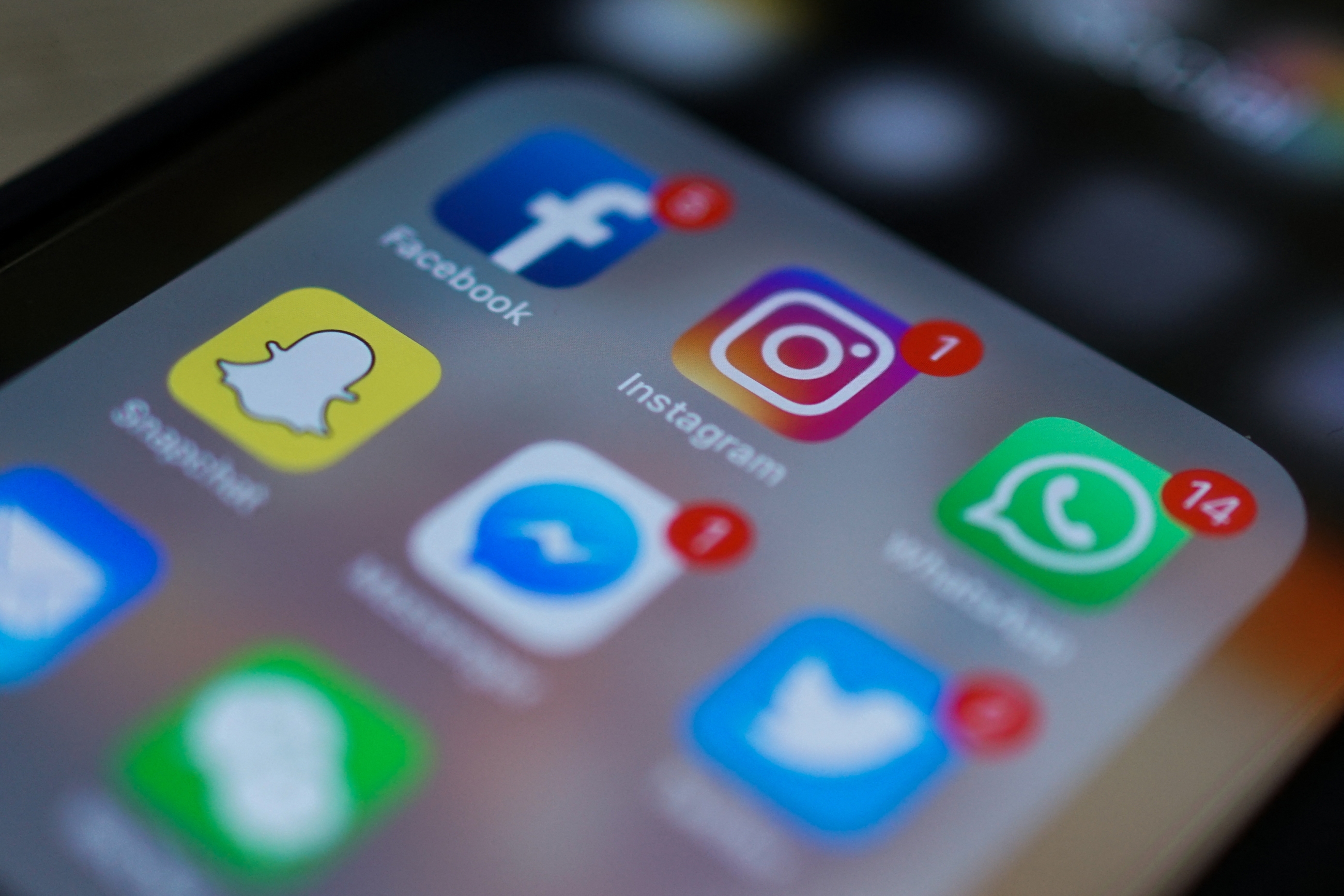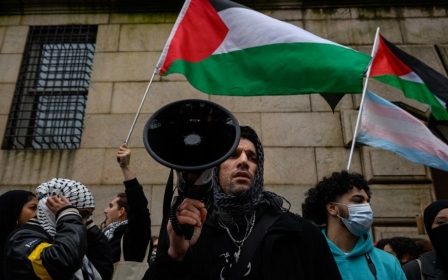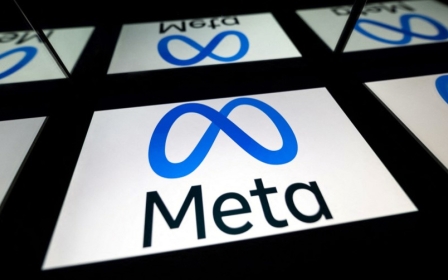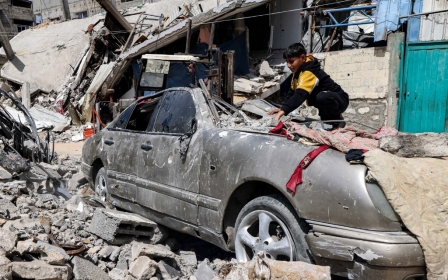Instagram update limiting political content sparks outrage among pro-Palestinian activists

An Instagram update automatically limiting the amount of political content that shows up in users' feeds has sparked a wave of discontent from social media users and activists, including pro-Palestine activists who accuse the platform of censorship.
A setting for "political content" was added to the app, which is owned by Meta, apparently without notifying users of the change. The setting is toggled to "limit" by default, though users can manually change this to "don't limit".
The change affects posts “likely to mention governments, elections, or social topics that affect a large group of people and/or society at large," according to a guidance note.
It will also affect "suggestions in Explore, Reels, feed recommendations and suggested users", as well as Instagram's sister app, Threads, it added.
New MEE newsletter: Jerusalem Dispatch
Sign up to get the latest insights and analysis on Israel-Palestine, alongside Turkey Unpacked and other MEE newsletters
Users accusing Instagram of active censorship took to X, formerly Twitter, to express outrage, with many surprised after noticing the newly imposed limitations on their feed.
One user stated: "They want us to post and engage with images of mountains, holidays, beautiful portraits, flowers and all. They think we have too much of Palestine, Congo, migrant, sovereignty, indigenous movement, environmental justice and racism related content going around."
Many activist movements use social media platforms, including Instagram, for disseminating information, organising protests and other forms of mobilisation.
Since the start of Israel's assault on the Gaza Strip following the Hamas-led attack on 7 October, social media posts by Palestinian journalists and citizens on the ground have become key sources of information, as the Israeli government has banned international media from entering the strip.
Palestinians also use social media to call for help or get news about their loved ones amid frequent Israeli-imposed telecommunications blackouts on the besieged territory.
In December, Human Rights Watch (HRW) said in a report that Meta, which runs Instagram and Facebook, is systematically censoring content about Palestine on their social networks.
Follow Middle East Eye's live coverage for the latest on the Israel-Palestine war
“Social media is an essential platform for people to bear witness and speak out against abuses while Meta’s censorship is furthering the erasure of Palestinians’ suffering,” said Deborah Brown, acting associate technology and human rights director at HRW.
'Are Palestinians political?'
In February, Instagram said in a statement that it would stop "proactively recommending" political content from accounts that users did not follow, extending this policy to Threads, which at the time drew concerns that it would disproportionately affect rights movements and vulnerable communities.
“Our goal is to preserve the ability for people to choose to interact with political content, while respecting each person’s appetite for it,” Instagram chief Adam Mosseri wrote in a post on Threads at the time.
Yet many social media users accused Instagram of limiting political discourse in a year when pivotal elections are being held in the United States and other countries, potentially impacting political outreach attempting to inform voters.
It also fuelled allegations of "shadowbanning," in which a user's content is prevented from surfacing on a follower's feed without their knowledge.
One user questioned: "Are Palestinians political? Who makes these decisions? Who benefits and who faces the consequences?
"During an election year, during a humanitarian crisis, during a censorship crisis...weird!"
Middle East Eye delivers independent and unrivalled coverage and analysis of the Middle East, North Africa and beyond. To learn more about republishing this content and the associated fees, please fill out this form. More about MEE can be found here.




